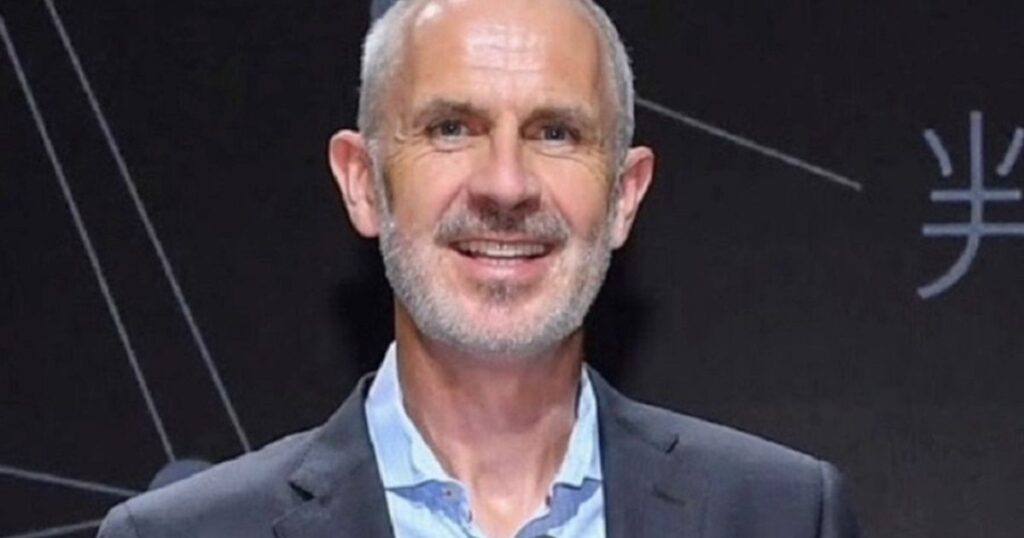Under Samuelsson’s leadership and the ownership of Zhejiang Geely Holding Group, Volvo grew from a Ford Motor Company offshoot to a leader in the transition to electric cars. By the end of the decade, the business intends to transition to an all-EV, all-online sales strategy.
Rowan’s assessment of Volvo’s need to rethink its approach to software matches comments made nearly a year ago by his predecessor.
“Today, software is dispersed in a plethora of black boxes, and we purchase it from vendors based on requirements; however, when we want to make a change and have to communicate with suppliers, the process is too long,” Samuelsson explained at a May mobility conference. “To maintain development pace while simultaneously ensuring high-quality, over-the-air downloads, you actually need to ensure compatibility across all features, which is extremely challenging with the legacy structure.”
Volvo warned a day after Rowan was named CEO on March 21 that delivery growth will be modest this year because to another disruption in semiconductor supply that may halt manufacturing for months. While this setback is unrelated to the Ukraine conflict, Russia’s incursion has raised the company’s raw material, energy, and freight prices.
Volvo also emphasised that supply-chain restrictions will continue to be a challenge for the sector this year. The automaker’s shares have gained 24 percent since its October initial public offering, surpassing the OMX Stockholm 30 Index’s about 7% decline.
The stock rose as much as 12% on Tuesday as automakers beat a larger market rise fueled by optimism about Russia-Ukraine cease-fire talks.
